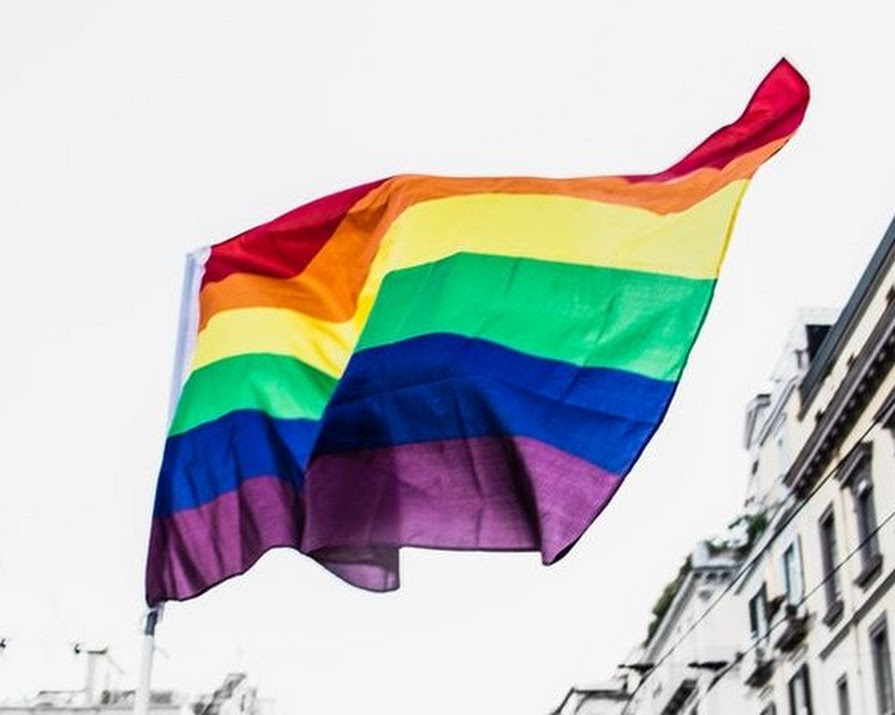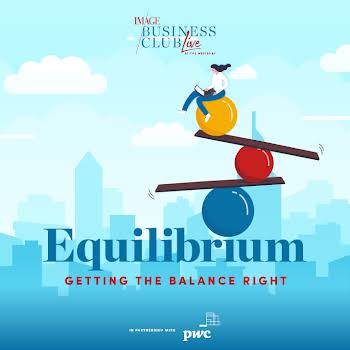
Sticking a rainbow logo on your social media does not mean your company is inclusive
By Colette Sexton
28th Aug 2018
28th Aug 2018
Colette Sexton, news correspondent at The Sunday Business Post, on how companies can ensure they are family-friendly for all families.
Since Ireland became the first country in the world to legalise same-sex marriage by popular vote three years ago, we have been patting ourselves on the back. Deservedly so, some might argue, considering that it was only in 1993 that same-sex sexual acts were decriminalised in this country. Ireland has seen monumental change over the past 25 years, but unfortunately, the issues facing the LGBTQ community were not all resolved with the Yes vote in 2015.
Look at the world of work. While many companies in recent years have recognised the importance of promoting a family-first culture, a study from the Harvard Business Review has found that those practices impact positively primarily on heterosexual families. The qualitative study by Katina Sawyer, Christian Thoroughgood and Jamie Ladge conducted in 2016 interviewed 53 lesbian, gay, or bisexual (LGB) employees in the U.S. across various industries and job types.
It found that, while both LGB and heterosexual employees experience similar work-family balance issues, such as work time interfering with family time, or feeling unable to separate from work from home, those in the LGB community also experience a range of additional conflicts related to their stigmatised family identity. This does not just relate to people who are not open about their sexuality; the majority of the people that took part in the study were open about their sexuality/gender in the workplace.
In separate research, a report from Stonewall, an organisation that campaigns for the equality of lesbian, gay, bisexual and trans people across Britain, found earlier this year that half of all trans people in Britain have hidden their identity at work for fear of discrimination.
This means that those in the LGBTQ community might be afraid to take advantage of family benefits, as they would have to reveal their same-sex relationship. They may be worried about bringing their partner to work events and can feel uneasy about discussing family issues with supervisors.
There are ways workplaces can help to remove these problems for their LGBTQ employees. Sticking a rainbow logo on your social media accounts during Pride is not enough. If you truly want to be inclusive, then it is necessary to take a serious look at every part of your company.
When issuing invites to events, make sure to be inclusive of all families. Any leaflets or information promoting these events should not just include imagery of heterosexual couples, and the term “partner” instead of “spouse” should be used. But it goes deeper than that.
Long-established companies might have introduced benefits packages decades ago that apply only to heterosexual couples, and have never reexamined them since. Take the opportunity now to critically look at the benefits package offered by your company and if they are not inclusive for families and partnerships of all types, then push to introduce the necessary changes.
Inclusivity training for all staff is also important. Almost one in five LGBT staff (18 per cent) have been the target of negative comments or conduct from work colleagues in the last year because they’re LGBT, according to Stonewall. This is particularly important for employees who are responsible for hiring. Some 18 per cent of LGBT people who were looking for work said they were discriminated against because of their sexual orientation and/or gender identity while trying to get a job in the last year.
Building an inclusive company is not just the right thing to do. It makes business sense. A happy workforce means more productivity; lower turnover; and higher employee morale, all of which leads to more profits. By all means, promote the rainbow flag but make sure that you are practising what you preach.






















